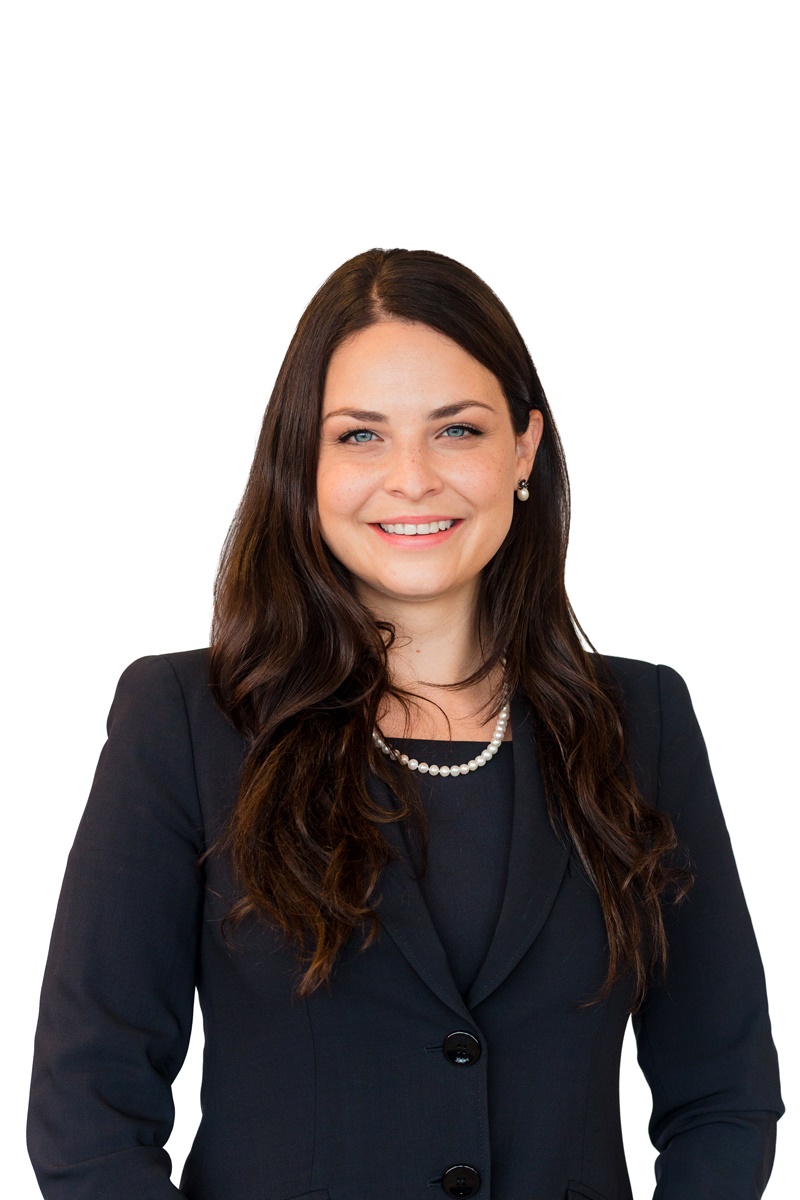With the Omicron variant rampaging throughout the province, panellists assembled for a recent Ontario construction webinar recommended renewed adherence to health and safety protocols and special efforts by everyone in the sector to remain patient, reasonable and collaborative.
The event, billed as COVID-19 Moving Forward: Omicron and Boosters, was presented by the Residential Construction Council of Ontario (RESCON) and featured Chief Prevention Officer Dr. Joel Moody, construction lawyers Luiza Vikhnovich and Michael Sherrard, and Brian Barron, senior manager for the construction health and safety program with the Ministry of Labour.
Barron warned that frustrations are bound to emerge in the sector as absenteeism, possible layoffs over vaccine policies, hasty returns to the workplace by infected workers, supply chain shortages, project delays and other problems take hold.
Employers will have to reschedule work, clients will be faced with delayed closings and owners and contractors will have to reach understandings on new production timetables.
What happens, Barron asked, giving an example from among numerous Omicron-related issues that are arising, when workers accustomed to performing two-person tasks are asked to do the job on their own?
“Is that person really going to try to do that two-person job and is that going to lead to incidents as a result of that? That’s some of the concerns that I have,” said Barron. “It’s a matter of acknowledging that frustration.
“There will be frustration around it, there will be potentially some abusive language, that sort of stuff. And you really need to ensure that you’ve done your appropriate risk assessments to take that into account to ensure that workers are protected.”
Barron, Moody and RESCON vice-president Andrew Pariser acknowledged that lack of available COVID tests is a problem and stressed the importance of following the original protocols that have kept construction jobsites safe until more tests become available.
“As an industry, and as a society and as a province, we all wish we weren’t here, but the truth is, when COVID flares up and the new wave comes, we deal with it,” said Pariser. “We all have COVID fatigue, but everyone that I’ve met and worked with, especially in construction, is quick to react, quick to adapt and quick to find the energy to recommit to safety when we have the spikes and when challenges arise.
“It’s about working with the MOL, the CPO, the IHSA, construction associations and most importantly, with your joint health and safety committee.”
Moody noted the CPO’s office was intent on keeping the flow of information going and urged contractors to regularly consult with the government’s Workplace Safety Plan Builder.
“We have had great uptake with people using that to plan what it is that they will do on their worksites,” he said.
Moody explained rapid COVID tests are being allotted to priority users such as hospitals and long-term-care homes but offered hope that a renewed supply would become available for builders before long.
“We’re hoping that the supply will increase soon,” he said. “Unfortunately, I don’t know how soon, but what we’re hearing is within a couple of weeks.”
He concluded by encouraging constructors to show leadership until the Omicron phase of the pandemic recedes.
“The work that you do is instrumental and I can’t say enough about how the sector has shown throughout how to weather the storm. You’ve done that by being at the forefront of public health measures.”
Vikhnovich and Sherrard, both with Sherrard Kuzz, walked observers through the latest court cases and adjudications on mandatory vaccines and other COVID-related workplace issues. Sherrard commented that many construction employers are moving towards mandatory vaccine policies but noted adjudications have not given those policies unqualified support.
The decisions have been very “context-specific,” he said.
“We’re not here today to say, ‘hey, you must now put in a mandatory vaccination policy,’” he said. “You want to think of five or 10 things as you’re walking your way through, it starts with context and reasonableness.”
Employers should attempt to deal with COVID workforce issues through less intrusive means if possible, Sherrard said.
“As testing kits start to become harder to get our hands on, I think that’s starting to become doubtful in terms of an alternative to a mandatory vaccination policy,” he said.
“And then finally, lots of warning of when these policies will come in place. What you’re going to do or not do about the requirement for a booster advance warning, and what are the consequences of failure to do so.
“And then at the end of the day, again, try to be reasonable.”

